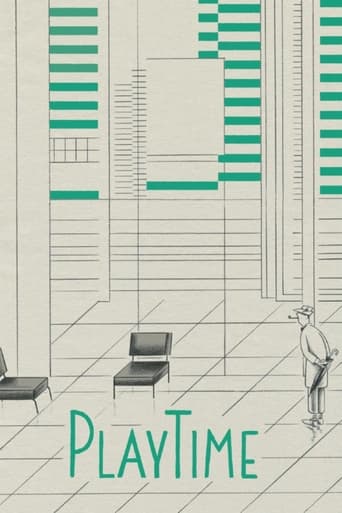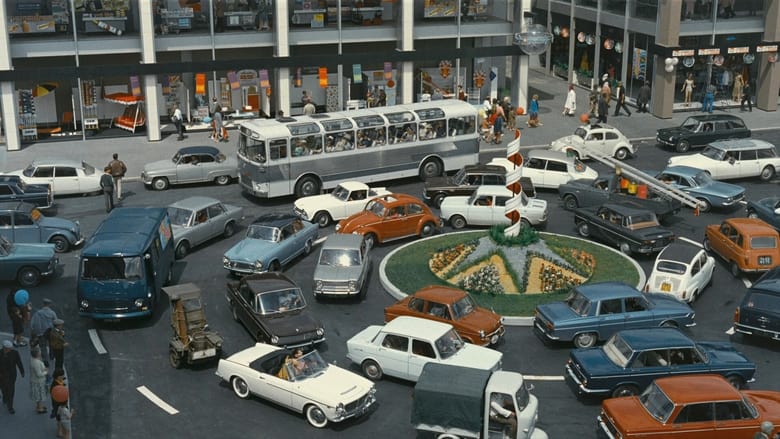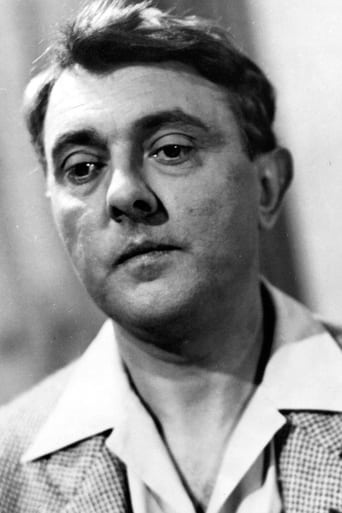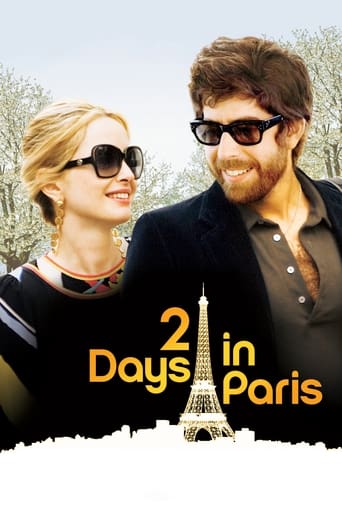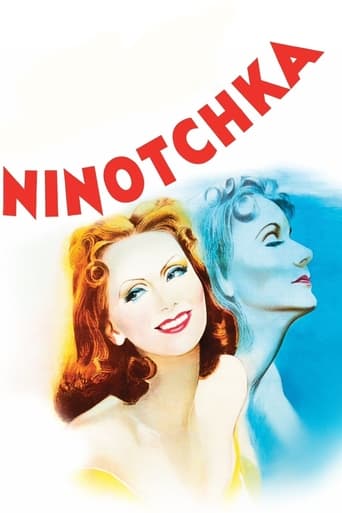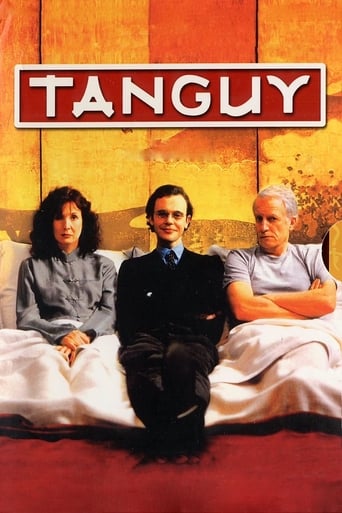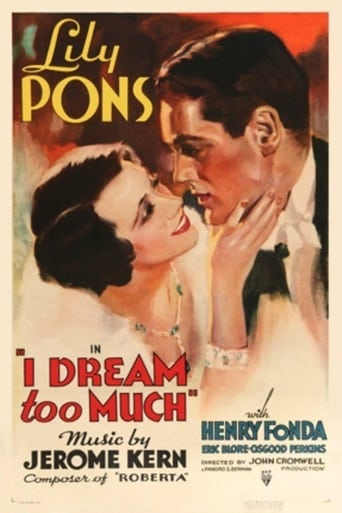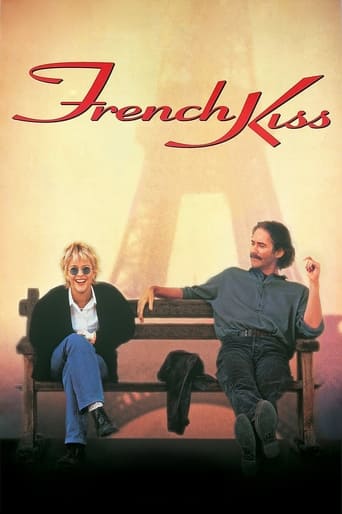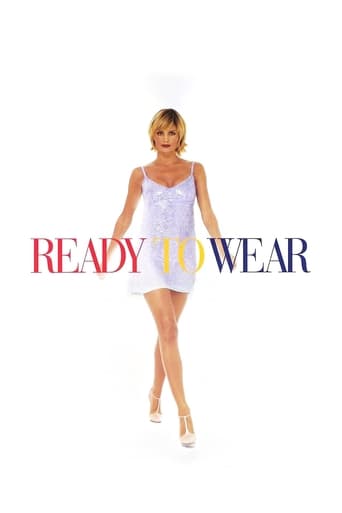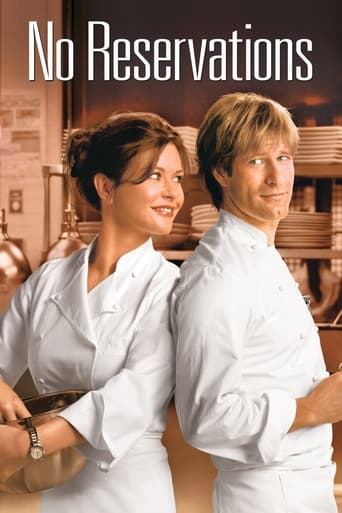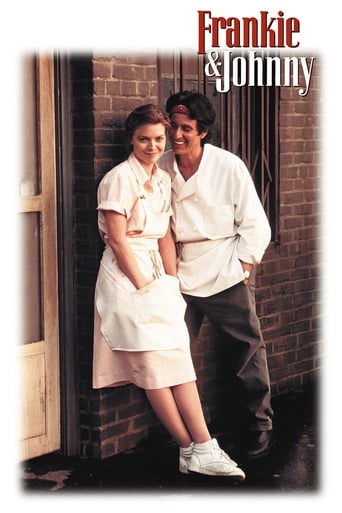PlayTime (1967)
Clumsy Monsieur Hulot finds himself perplexed by the intimidating complexity of a gadget-filled Paris. He attempts to meet with a business contact but soon becomes lost. His roundabout journey parallels that of an American tourist, and as they weave through the inventive urban environment, they intermittently meet, developing an interest in one another. They eventually get together at a chaotic restaurant, along with several other quirky characters.
Watch Trailer
Cast


Similar titles
Reviews
One of my all time favorites.
hyped garbage
It's fun, it's light, [but] it has a hard time when its tries to get heavy.
The best films of this genre always show a path and provide a takeaway for being a better person.
Whole tracts in which M. Hulot doesn't appear. Not as inspired as other Tati films. Main achievement is in precision and coordination of set-ups. Long takes are remarkably staged. Continuity of restaurant tableau is amazing. I would love to like this more, especially as whole enterprise bankrupted Tati. But by this stage Tati had been working with this genre and theme for 20 years so maybe he had said all he had to say. Amazingly, wardrobe, makeup, colours, etc. have not obviously aged except for odd hairstyle. Very classical look.
Tati's Playtime hardly encourages a deep sense of people as individuals - few of its dozens of characters are even granted a medium shot, let alone a close-up. The movie seems to warn of nothing less than collective obliteration - submersion into mass standardization, into absurd consumerism, into systems and surfaces that can only be stained by human intervention (and of course this is even before the online/social media revolution), into hopeless distance from basic pleasures (embodied by the American visitors to Paris who are kept well away from all its points of differentiation). Looked at a certain way, it can feel overwhelming, and even depressing - Tati's choreography is so staggering, often involving multiple bits of foreground and background action in the same shot, that it hardly seems designed for a human spectator. Of course, this is also at the heart of the film's inexhaustible glory, of its status as one of the most singular of all cinematic masterpieces. And Tati seeds his design with remnants of past humanity or portents of a future one - the sudden appearance of old friends, of mysterious near-doubles, of things that are just funny despite everything. The brilliant extended climax in a restaurant that all but gets destroyed on its opening night speaks to the capacity of collective action for transcending stifling corporate calculation. But it's also plainly a one-off, incapable of shaping the following day for more than a few dreamy early-morning hours. In one of its final gags, the movie posits that a moving window might actually influence the object that's being reflected in it - something that might have seemed like the ultimate loss of control, except that Tati presents it as an elating moment, a promise that all isn't yet heavy and tethered. Least of all, of course, M. Hulot, who returns to the crowd as modestly and mysteriously as he emerged from it.
I enjoyed Jacques Tati's previous films so much that I thought "Playtime" would be the culmination of Tati the artist, his obra maestra. I had never seen it and it played recently at Lincoln Center in New York. I must say that I was somewhat disappointed, although it seems to be more self-consciously important and expensive than his more modest efforts, like "Mr. Hulot's Holiday" and "Jour de Fete".This one was just not as funny or as clever as the others and his fabled sight gags lacked timing and resourcefulness. Yes, yes, it was more elaborate and on a grander scale, and spare me the artistic arguments - I am not a film critic but a moviegoer with no pretensions other than to be entertained for an hour or two. And I was entertained, and also saddened to witness Tati and his considerable talent on the downside. I guess movie makers, like baseball greats, can overstay their welcome but still be received warmly by a public who remember better times.
I'm sure everybody enjoys actual playtime, but don't think this movie is for everyone. It's long, experimental, and can be quite a chore to get through. I can certainly see the appeal and why it has been so critically acclaimed, but after 45 years of culture and cinematic progression, I feel that whatever relevance/edge this film once had has been lost, and many modern viewers will not understand it.The story, as minimalist as it is, features director Tati starring as Mr. Hulot, who has an important appointment in a retro-futuristic Paris but keeps getting lost and distracted through a long series of sight-gags and pratfalls. It's thin, and I believe it's spread rather far. It's the kind of thing Stan and Ollie would do in 40 minutes.Stylistically, this film seems to be ahead of its time. The photography is highly visual and works symbiotically with the slick production design (the film is a mixture of various shades of grey however, which becomes quite oppressive after a while). The dialogue seems to be mostly irrelevant. Tati himself never speaks, but other characters come and go without much point.Tati needed this film to be a success and after is flopped he was in debt for a long time. It's a shame that it did as Tati clearly lived and breathed this film for its entire production and cared about it a great deal. If it was too oddball for audiences in 1967 it just as niche for the ADHD audiences of today.A well made film, but it takes some amount of patience to get through.

